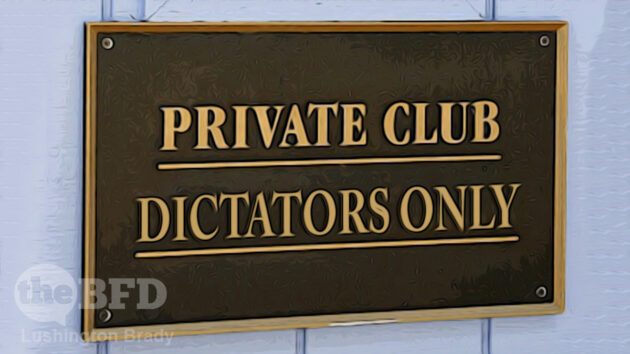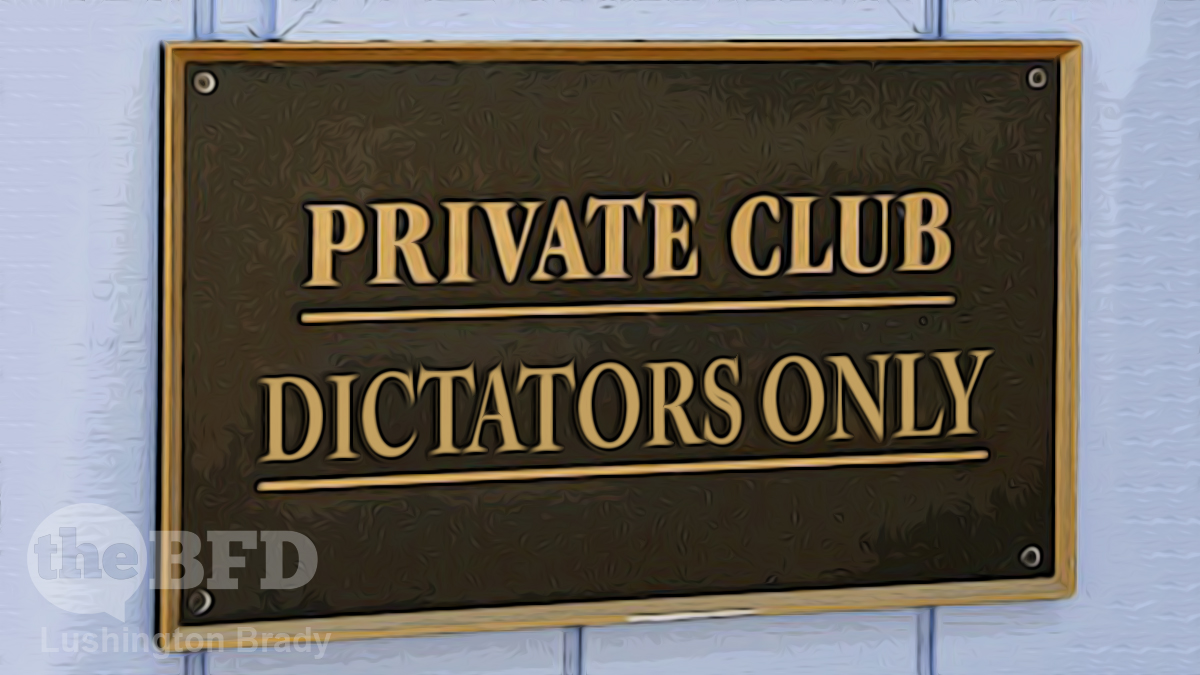As uncovered by The BFD, the New Zealand police — not Immigration NZ, apparently, as was earlier claimed — actively sought to have two journalists banned from entering the country. Their internal communications left no doubt that the reasons were entirely political, profiling the journalists as “far-right” (a purely subjective political opinion) and “anti-government”.
One of the journalists, Rukshan Fernando, was momentarily held up when staff at Melbourne airport were mysteriously unable to check him into his flight. “The moment they scanned my passport at Melbourne airport, the staff were like we don’t know what’s going on, we’ve never seen this before,” Fernando said.
Ultimately, Fernando made it to New Zealand safely, where he proceeded to do what he does: simply Livestream events as they happened.
Avi Yemini was forbidden to enter the country at all, ostensibly on the grounds of an old criminal conviction. That test was falsely applied, however, as Yemini’s conviction was a Summary Offence, with no jail sentence. New Zealand can only refuse Australians entry if they have been convicted of a criminal offence and served at least one year in jail within the last 10 years.
The ban, and attempted ban, followed immediately on the heels of an anonymous smear story in the NZ Herald — a media outlet which has benefited from millions in Labour Government funding.
So, New Zealand has joined the ranks of countries which ban access to foreign media that, they judge, may threaten the interests of the ruling regime. It’s a pretty telling club that Jacinda Ardern has joined.
Russia made headlines recently, when it, too, banned certain foreign journalists whom it deemed anti-government and having a “Russophobic agenda”. Those included dozens of Americans and Britons, from George Stephanopoulous to Piers Morgan. Australian journalists are banned, as well, and at least one New Zealand journalist, Matthew Hooton.
Under the influence of its new paymasters, the Solomon Islands has announced that it, too, will ban journalists who are not “respectful” of its new ties to China.
For its part, China has banned and expelled journalists from the US, working for outlets like the New York Times, Wall Street Journal, and Washington Post. China has also detained Australian journalists, from the ABC and Australian Financial Review.
Cuba is another place that’s highly selective, allowing only journalists it judges to be pro-regime in or out of the country.
No foreign journalists at all are allowed into Saudi Arabia’s Eastern Province, where protesters have been calling for political reforms and greater rights for the Shiite minority for over a decade.
Burma regularly refuses journalist visas to foreign journalists, unless they’re on a government junket. Journalists who enter on tourism visas are expelled.
Other countries that regularly ban foreign journalists are Uzbekistan, Iran, Syria, North Korea and Eritrea.
And now, New Zealand.
Are you proud of the company you keep, Jacinda Ardern?


